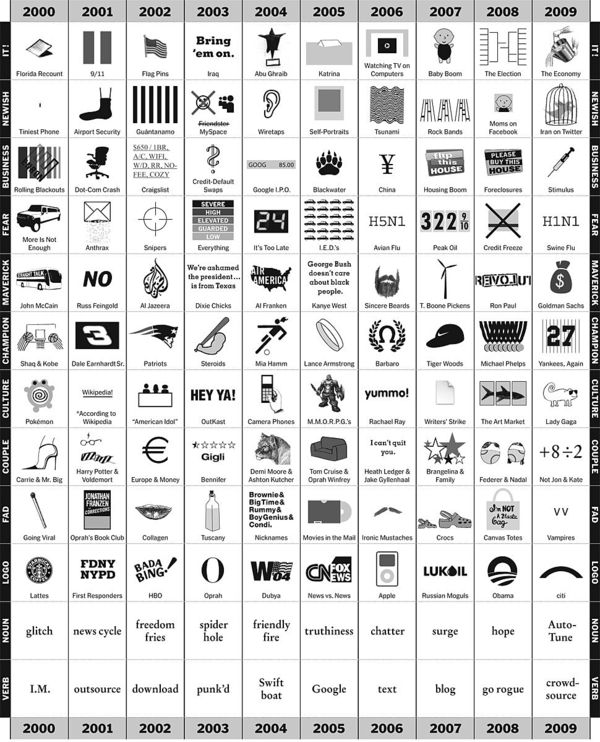In this video, Gary Flake demos Pivot, a new way to browse and arrange massive amounts of images and data online. Built on breakthrough Seadragon technology, it enables spectacular zooms in and out of web databases, and the discovery of patterns and links invisible in standard web browsing.
The big idea that this video demonstrates so well is that the whole of the data in which we consume is greater that the sum of the parts. And, instead of inducing information overload, new tools enable us to use information so that patterns pop and we can see trends that would otherwise be invisible.
If we can do that, then, instead of being trapped in data, we might
actually extract information. And, instead of dealing just with
information, we can tease out knowledge. And if we get the knowledge,
then maybe even there's wisdom to be found.
Click here to view the transcript.
This tool, and others like it, will have massive impact on businesses
and the scale of projects they undertake.

![Reblog this post [with Zemanta]](http://img.zemanta.com/reblog_e.png?x-id=c5b72ae6-3900-478e-840d-4214d3ce686d)





